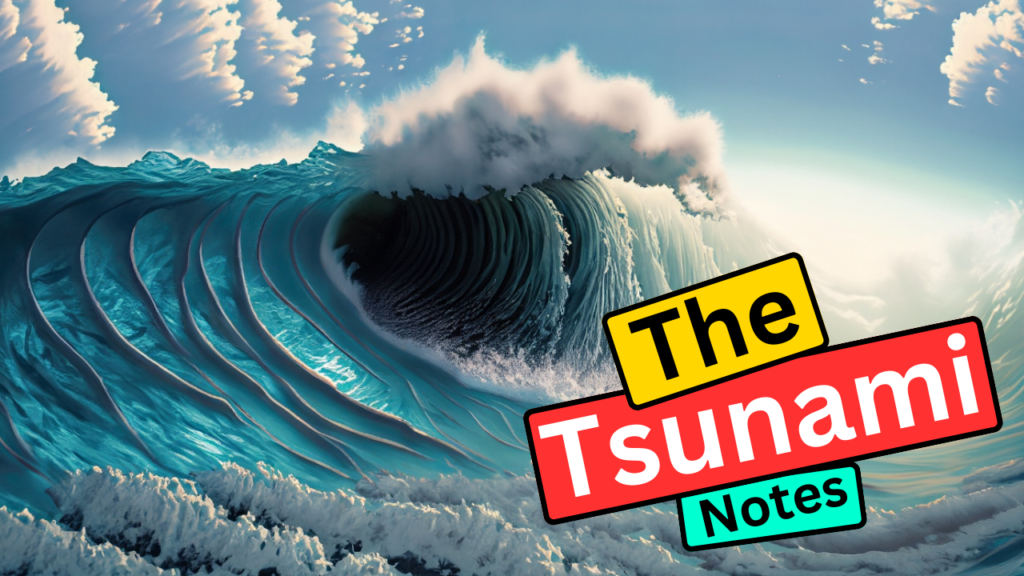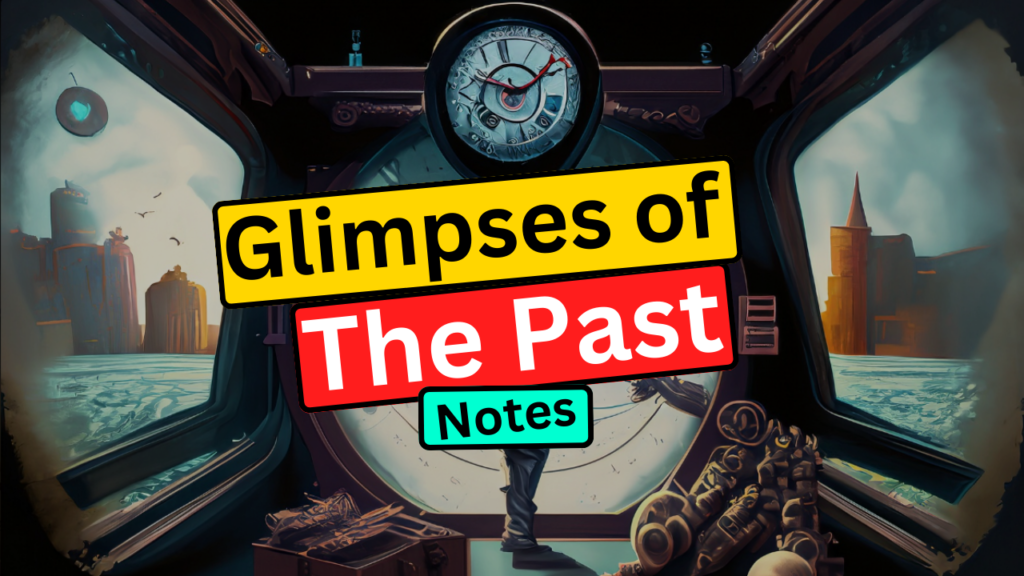Comprehension check:-
Q 1. What had happened to Jody’s father?
Ans. The father of Jody got a snake bite.
Q 2. How did the doe save Penny’s life?
Ans. Penny killed the doe and extracted the snake’s venom using its heart and liver. Penny’s life was thus spared.
Q 3. Why does Jody want to bring the fawn home?
Ans. Penny murdered the mother fawn. The fawn may be frightened and extremely hungry, according to Jody. Jody was then
Q 4. How does Jody know that the fawn is a male?
Ans. The fawn had a line of spots running along its body. It was a sign of a male fawn, according to Jody’s dad.
Comprehension Check:-
Q 1. Jody did not want Mill-wheel with him for two reasons. What were they?
Ans. For two reasons, Jody didn’t want Mill-wheel to be with him. First of all, he would be unable to express his disappointment if the fawn was dead or could not be located. Next, if the fawn was discovered, the mother
Q 2. Why was Mill-wheel afraid to leave Jody alone?
Ans. Mill Wheel was concerned that Jody might become lost or encounter a snake and get bitten.
Comprehension check:-
Q 1. How did Jody bring the fawn back home?
Ans. The fawn was carried back to his house by Jody while in his arms.
Q 2. Jody was filled with emotion after he found the fawn. Can you find at least three-word phrases which show how he felt?
Ans. He was so happy that he felt dizzy. He desired to stroke it. With it, he yearned to run and play.
Q 3. Why did not the fawn follow Jody up the steps as he had thought it would?
Ans. The fawn’s legs were too weak to climb the stairs. It did not, therefore, follow Jody up the stairs..
Working with the text:-
Q 1. Why did Penny Baxter allow Jody to go find the fawn and raise it?
Ans:- In order to protect the deer from a snake’s poison, Penny Baxter killed the doe. The fawn was left alone after the death of its mother. Penny didn’t want it to starve to death. He then gave Jody permission to locate and raise the fawn.
Q 2. What did Doc Wilson mean when he said, “Nothing in the world ever comes quite free?
Ans. Doc Wilson intended to imply that all acts of service in this world entail payment in some form. The fawn’s mother was sacrificed in order to save Penny’s life.
Q 3. How did Jody look after the fawn, after he accepted the responsibility for doing this?
Ans. Jody showed the fawn a lot of love and care. It learned to walk and drink milk from him.
Q 4. How does Jody’s mother react when she hears that he is going to bring the fawn home? Why does she react in this way?
Ans. Hearing this completely surprised the mother. She was then filling cups with coffee. She held the coffee pot in the air after hearing this. They had nothing to feed the fawn, which is why she acts in this way.
Working with Language:-
1 . Look at these pairs of sentences.
Penny said to Jody, “Will you be back before dinner?”
Penny asked Jody if he would be back before dinner.
How are you feeling, Pa?” asked Jody.
Jody asked his father how he was feeling.
Here are some questions in direct speech. Put them into reported speech.
(i) Penny said, “Do you really want it, son?”
(ii) Mill-wheel said, “Will he ride back with me?”
(iii) He said to Mill-wheel, “Do you think the fawn is still there?”
(iv) He asked Mill-wheel, “Will you help me find him?”
(v) He said, “Was it up here that Pa got bitten by the snake?”
Ans.
(i) Penny asked his son if he really wanted it.
(ii) Mill-wheel asked if he would ride back with him.
(iii) He asked Mill-wheel if he thought the fawn was still there.
(iv) He asked Mill-wheel if he would help him find him.
(v) He asked if it was up there that his Pa had got bitten by the snake.
2. Look at these two sentences.
He tumbled backwards.
It turned its head.
The first sentence has an intransitive verb, a verb without an object.
The second sentence has a transitive verb. It has a direct object. We can ask: “What did it tum?” You can answer: “It’s head. It turned its head.”
Say whether the verb in each sentence below is transitive or intransitive. Ask yourself a ‘what’ question about the verb, as in the example above. (For some verbs, the object is a person, so ask the question “who’ instead of ‘what’).
- Jody then went to the kitchen.
- The fawn wobbled after him.
- You found him.
- He picked it up.
- He dipped his fingers in the milk.
- It belated frantically and butted him.
- He lowered his fingers slowly into the milk.
- It stamped its small hoofs impatiently.
- He held his fingers below the level of the milk.
- The fawn followed him.
- He walked all day.
- He stroked its sides.
- The fawn lifted its nose.
- Its legs hung limply.
Ans. Intransitive, Intransitive, Transitive, Transitive, Transitive, Intransitive, Transitive, Transitive, Transitive, Transitive, Transitive, Intransitive, Transitive, Transitive, Intransitive.
3. Here are some words from the lesson. Working in groups, arrange them in the order in which they would appear in the dictionary. Write down some idioms and phrasal verbs.
close draw makes wonder scrawny
parted clearing sweet light pink
Ans. Order in the dictionary:-
clearing, close, draw, light, make, parted, pick, scrawny, sweet, wonder
Idioms and phrasal verbs
- Clearing: Clearinghouse
- Close: Close up, at close quarters, a close call, a close shave, a close to someone’s heart, close home, keep one’s cards close to one’s chest, keep a close eye, close around, close down, close in, close up, close with.
- Draw: Beat to the draw, draw oneself up, luck of the draw, draw blood, draw in one horn, draw the line, draw trumps, draw a blank, drawback, draw in, draw on, draw somebody on, draw up.
- Light: According to one’s lights, at first light, bring to light, come to light, in the light of, light up
- Make: makes a bearing, makess faces, make hay while the sun shines.
- Parted: parted apart, parted away, parted over.
- Pick: pick up, pick over, pick through.
- Scrawny : scrawny neck, scrawny figure, scrawny outfit.
- Sweet: sweeten up, sweet smell, sweet taste.
- Wonder: wonder about, wonder at.
Speaking
1 . Do you think it is right to kill an animal to save a human life? Give reasons for your answer.
Ans. To kill an animal in order to save a human life is wrong. Humans have no right to take the lives of any living things if they are unable to give them life in the first place. God created everything that exists. Every living thing had to have a significant role in this creation. God will be upset with humans if they kill animals. To kill an animal in order to save a human life would be the height of human selfishness.
2. Imagine you wake up one morning and find a tiny animal on your doorstep. You want it as a pet but your parents are not too happy about it. How would you persuade them to let you keep it? Discuss it in groups and present your arguments to the class.
Ans. In order to fully convince my parents, I will present them with compelling arguments. I’ll explain to them how vulnerable this kitten is and how quickly stray dogs will kill it if I don’t take care of it. It becomes my first responsibility as a merciful human being to save the life of this defenceless kitten. I can assure them that nobody in the family will find that even slightly bothersome. You can receive God’s blessings by being compassionate to his creatures.
Writing
1 . Imagine you have a new pet that keeps you busy. Write a paragraph describing your pet the things it does , and the way it makes you feel. Here are some words and phrases that you could use.
frisky, smart, disobedient, loyal, happy, enthusiastic, companion, sharing, friend, rolls in mud, dirties the bed, naughty, lively, playful, eats up food, hides the newspaper, drinks up milk, runs away when called, floats on the water as if dead
Ans. A tiny dog is my new pet. It’s called Tommy. It is a very cute dog that is lively and intelligent. It is incredibly devoted to me and submissive. It continues to be joyful. It obeys my orders with great enthusiasm. It is a reliable friend of mine. We have a lot in common and are good friends. It occasionally causes some sinister trouble. It climbs up on the bed after rolling up into the mud. It smears the bed with dirt. I scold it for this. It regrets its situation. It consumes milk. It occasionally flees when I call it. It occasionally floats on the water as though it were dead. I still adore my dog dearly.
2. Human life is dependent on nature (that’s why we call her Mother Nature). We take everything from nature to live our lives. Do we give back anything to nature ?
(i) Write down some examples of the natural resources that we use.
Ans. We receive minerals, sweet water, and fresh air. food grains, fruit, leaves, herbs, fuel wood, and soil from
(ii) Write a paragraph expressing your point of view regarding our relationship with nature.
Ans. Man and nature are closely related to one another. Man’s existence on this planet is entirely dependent on the natural world. All of a man’s basic needs are satisfied by nature. If man harms the environment, he also harms his own life. Man should therefore make sincere efforts to preserve nature and engage in environmentally friendly activities.
3. In This is Jody’s Fawn, Jody’s father uses a ‘home remedy’ for a snake bite. What should a person now do if he or she is bitten by a snake? Are all snakes poisonous? With the help of your teacher and others, find out answers to such questions. Then write a short paragraph on –What to do if a snake chooses to bite you.
Ans. A dangerous snake bites Jody’s father. To save his life, he kills a doe and uses its liver and heart. Penny’s decision to take another creature’s life in order to preserve his own is cruel. Pure selfishness is what it is. Not every snake is poisonous. A person who has been bitten by a snake should see a doctor right away. It’s important not to panic. He ought to follow the doctor’s recommendation. Avoid going to people who are performing tantra or mantra.





